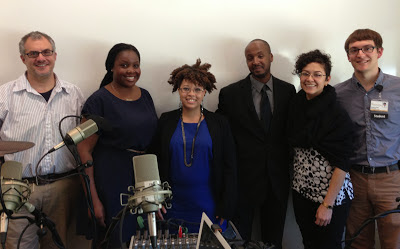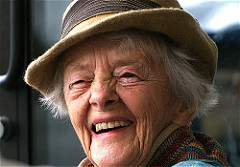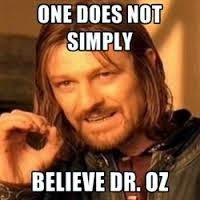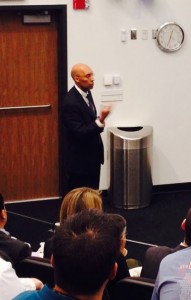Podcast: Play in new window | Download (Duration: 45:20 — 55.8MB)
Subscribe: Spotify | RSS | More
[With the news that HBO and Oprah Winfrey will release an adaptation of Rebecca Skloot’s The Immortal Life of Henrietta Lacks in April 2017, enjoy this discussion with Lacks’ great grandaughter and grandson, originally recorded in 2013]
The efficacy of any biomedical researcher is based on his or her foundation of scientific knowledge. Few would have any problem grasping that idea. What’s less well understood, by both researchers and laypeople alike, are the stories of the biological materials they work with. Often these materials are cell cultures, tissue samples, human DNA.
 |
| From left to right: Dave Etler, Eboni Jones, Victoria Baptiste, David Lacks, Alison Pletch, and Greg Pelc. |
Unlike the chemicals, reagents, test tubes, and machinery used in research, these materials often come from people. That’s easily forgotten when they can be ordered from catalogs and websites in the way of other commodities. But those people, who may no longer live among us, have stories. In the case of Henrietta Lacks, an African American woman who passed away in the early 1950s of cervical cancer, the cells taken from her without her or her families’ knowledge touched off a revolution in biomedical science.
 |
| Henrietta and Day Lacks (From “The Immortal Life of Henrietta Lacks,” R. Skloot, 2009) |
They’ve contributed to the vaccine for polio, were the first cells to be cloned, and have been used in a number of cancer, virus, and pharmacological studies all over the world. Rebecca Skloot’s 2009 book The Immortal Life of Henrietta Lacks noted that Mrs. Lacks’ cells have been used in more than 60,000 studies, and 300 more are being added each month. They are of huge importance to science because they were the first so-called immortal cell line–unlike most cells, they divide and reproduce essentially without limit. But though no-one in Henrietta Lacks’ family knew of their existence at first, the cells ultimately became of huge importance to her descendants. In this episode, Alison Pletch, Eboni Jones, Greg Pelc, and I were honored to be able to welcome two members of the Lacks family to the show. David Lacks is Mrs. Lacks’ grandson, and Victoria Baptiste is her great granddaughter, and they spoke with us about their ancestor, informed consent, and their work with the National Institutes of Health on HeLa cell research guidelines.














